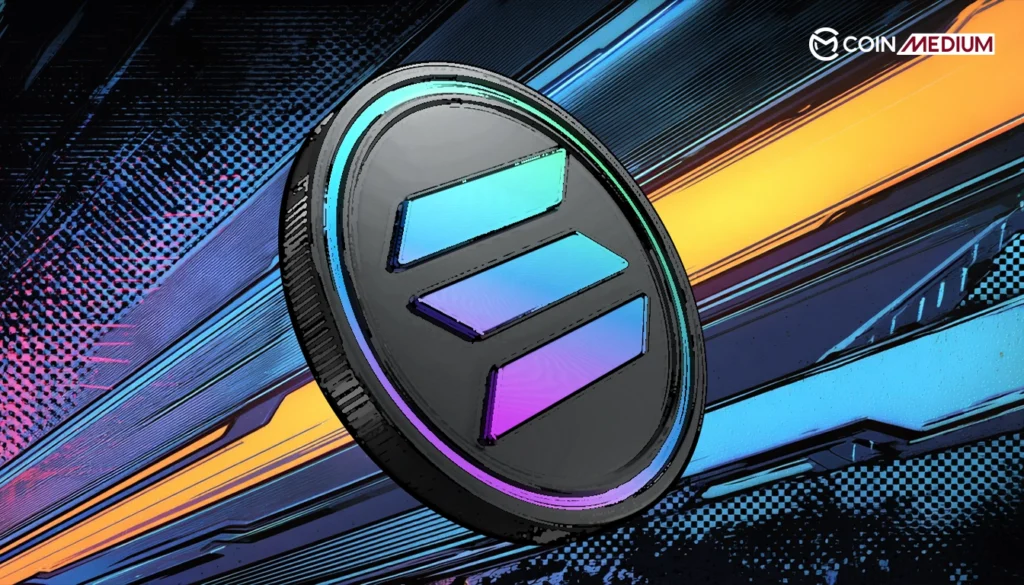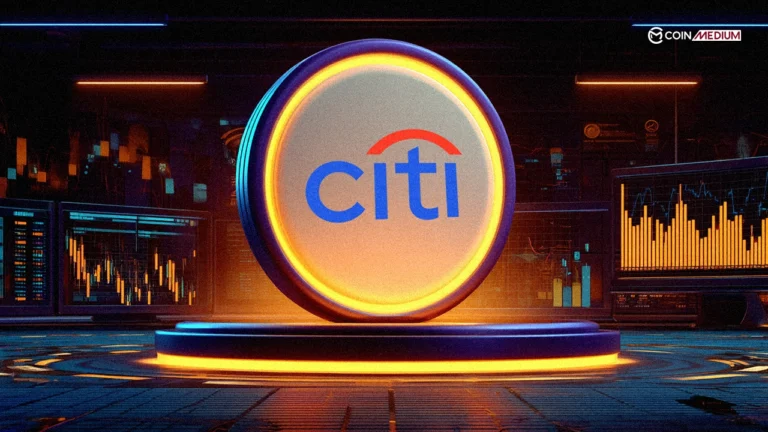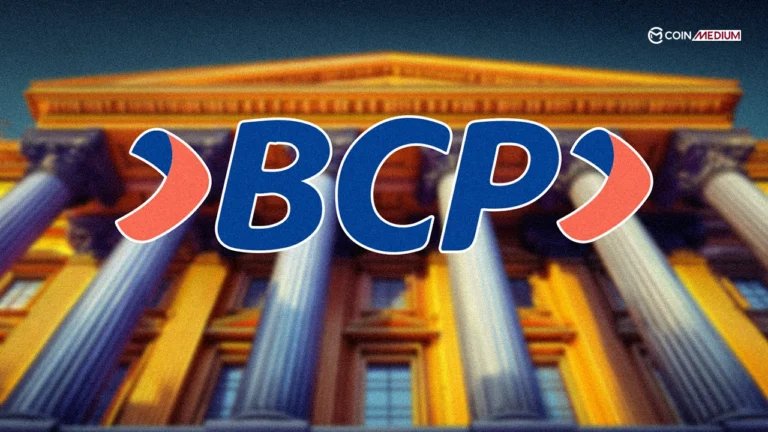Pantera Capital, one of the leading crypto investment firms, is planning to raise $1.25 billion to turn an undisclosed Nasdaq-listed company into a dedicated Solana treasury vehicle.
The move, first reported by tech and business outlet The Information, could make the firm the largest corporate holder of SOL tokens.
While the plan may boost Solana’s institutional adoption, it also raises concerns over concentrated ownership, echoing debates around other corporate crypto treasury models.
The firm has outlined a two-phase fundraising strategy, starting with a $500 million capital raise, followed by $750 million through warrants, as reported by The Information. The transformed company, tentatively named “Solana Co.,” will focus on accumulating and managing SOL tokens at an institutional scale.
The proposed entity would surpass existing corporate Solana holdings, which currently total $695 million across all public treasuries. Pantera’s $1.25 billion treasury could potentially concentrate significant holdings in a single vehicle, raising questions about liquidity and price volatility.
Pantera has already deployed approximately $300 million across eight different digital asset treasury firms spanning multiple cryptocurrencies and geographies. The company emphasizes that successful treasury strategies depend on “the long-term investment merit of the underlying token,” positioning Solana as a prime candidate for institutional accumulation.
Several smaller Nasdaq firms have pivoted to Solana treasury strategies. DeFi Development Corp doubled its holdings to over 163,000 SOL tokens through equity raises, while edtech company Classover allocated 6,500 SOL as part of a $500 million convertible note program dedicated to acquiring and staking Solana tokens.
Debate Grows Over Risks of Concentrated Token Holdings
Industry analysts present mixed perspectives on concentrated corporate holdings. MEXC Research chief analyst Shawn Young argues that such entities could strengthen Solana’s institutional credibility and signal a shift from retail-driven adoption to corporate backing. However, he warns that concentrated ownership could reduce free float and create heightened volatility during market stress periods.
The debate mirrors ongoing discussions surrounding Bitcoin corporate adoption, particularly MicroStrategy’s massive BTC holdings under Michael Saylor’s leadership. Critics argue that concentrated corporate ownership centralizes influence over price narratives, while supporters claim it legitimizes cryptocurrency as a mainstream asset class.
Pantera’s proposal remains in early planning stages and requires regulatory approval before implementation. The firm has not disclosed the target company’s identity, though industry observers expect selection of a manageable market capitalization firm with minimal debt obligations.
Recent market activity supports Pantera’s bullish Solana outlook. The firm joined ParaFi Capital in backing Sharps Technology, another Solana treasury vehicle seeking over $400 million in funding. This coordinated institutional interest suggests growing confidence in Solana’s long-term value proposition among sophisticated investors.
The initiative reflects broader cryptocurrency market evolution toward regulated, transparent investment vehicles that provide institutional-grade infrastructure around high-potential blockchain networks. Pantera’s structured approach could establish new standards for corporate cryptocurrency treasury management.
If successful, Solana Co. would represent unprecedented concentration of network tokens under single corporate control, potentially influencing Solana’s market dynamics, governance participation, and ecosystem development. The proposal underscores institutional capital’s growing appetite for direct blockchain exposure through regulated public market vehicles.








